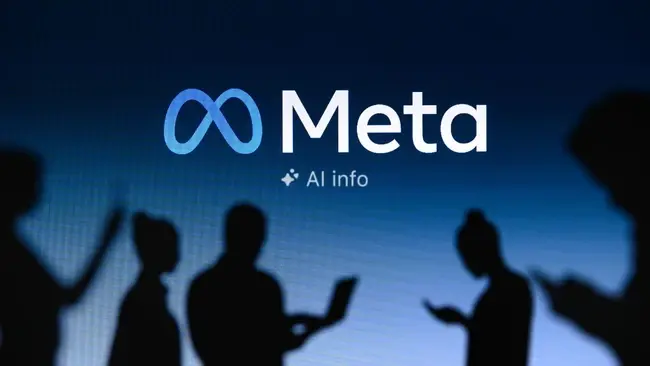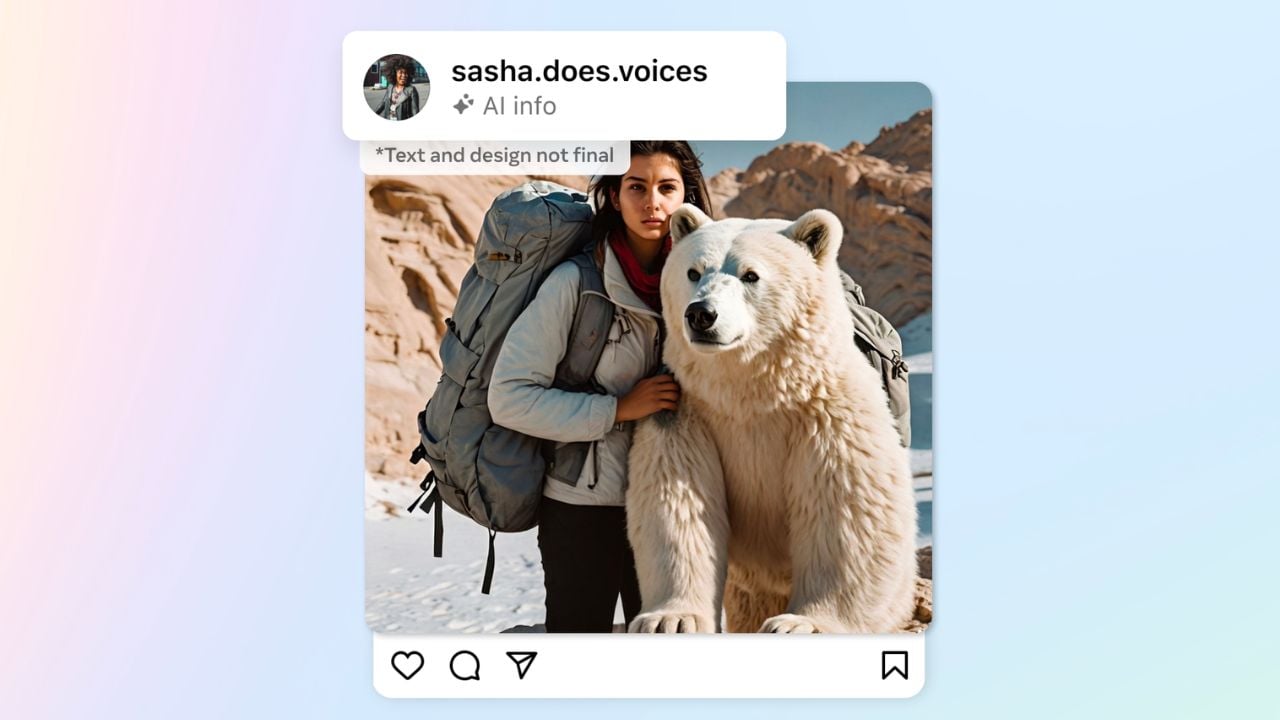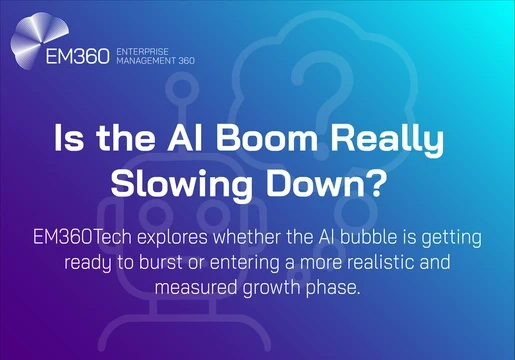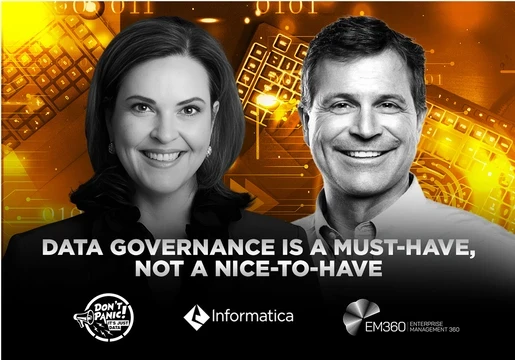Meta is working to detect and label AI-generated images on Facebook, Instagram and Threads in its bid to down on “deceptive” content on its platforms.
Meta platforms, which include Facebook, Instagram, Threads and WhatsApp, already apply “Imagined with AI” labels for images created using its Meta AI feature. But Nick Clegg, the president of global affairs, revealed in a blog post on Tuesday that the company would work to begin labelling AI-generated images developed across its platforms.
“As the difference between human and synthetic content gets blurred, people want to know where the boundary lies,” Clegg wrote.
“People are often coming across AI-generated content for the first time and our users have told us they appreciate transparency around this new technology. So it’s important that we help people know when photorealistic content they’re seeing has been created using AI.”
Clegg also said that Meta has been working with "industry partners on common technical standards for identifying AI content", adding that it will be able to label AI-generated images when its technology detects "industry standard indicators".
Meta’s AI images already contain metadata and invisible watermarks that tell organisations that the image was developed by AI. But Clegg said labels will be applied to images from Adobe, Google, Microsoft, Midjourney, OpenAI and Shutterstock, as the companies execute “plans for adding metadata to images created by their tools.”
He noted it was limited to images, and AI tools that generate audio and video do not currently include these markers, but the company would allow people to disclose and add labels to this content when posted online.
"We're working hard to develop classifiers that can help us to automatically detect AI-generated content, even if the content lacks invisible markers. At the same time, we're looking for ways to make it more difficult to remove or alter invisible watermarks."

Flagging AI Images
Clegg says Meta will also be adding features across its social platforms that allow users to flag if the content is AI-generated so it can be labelled while the industry works to develop the detection standards.
This feature will be required when users post “organic content with a photorealistic video or realistic-sounding audio” that has been “digitally created or altered.”

Clegg said it’s not possible to identify all AI-generated content since users can simply remove AI watermarks on images to prevent its systems from flagging it as an AI. He said the company was “pursuing a range of options” to prevent users from removing invisible markers, such as watermarks and metadata, which indicates the content is AI-generated.
“This work is especially important as this is likely to become an increasingly adversarial space in the years ahead,” Clegg said.
“People and organizations that actively want to deceive people with AI-generated content will look for ways around safeguards that are put in place to detect it.”
Fighting AI disinformation and Deepfakes
AI technology can now create incredibly realistic images and videos, known as deepfakes, that can be used to spread misinformation, impersonate people, and manipulate public opinion.
Deepfake images of Taylor Swift, for instance, recently went viral on social media showing the pop star in sexually suggestive and explicit positions at a football game.
One image shared by a user on X, formerly Twitter, was viewed 47 million in the 17 or so hours before the account was suspended. X was subsequently forced to suspend all accounts sharing these images and block “Taylor Swift from the search bar.
By labelling AI-generated images like these Meta aims to increase transparency and help users understand the authenticity of the content they see – especially given this year’s upcoming elections where voters can be influenced by what they read and see online.
AI deepfakes have already entered the US presidential election cycle, with robocalls of what is believed to have been an AI-generated deepfake of President Joe Biden’s voice discouraging voters from attending the Democratic primary in New Hampshire.
“We’re taking this approach through the next year, during which several important elections are taking place around the world,” Clegg said.
ITEXPO and the collocated events in the #TECHSUPERSHOW are the forums where technology decisions are made to produce better business outcomes for you.
Taking place on February 13-14 in Fort Lauderdale, the conference is the annual meeting point in South Florida where 1000s of influential tech buyers and resellers sit face-to-face with 100s of manufacturers and solutions providers in one place.
Attendees can submit subject-matter experts to present sessions on the conference program, hear from speakers with ideas that help executives research solutions, and compare tactics and evaluate partners and suppliers.







Comments ( 0 )